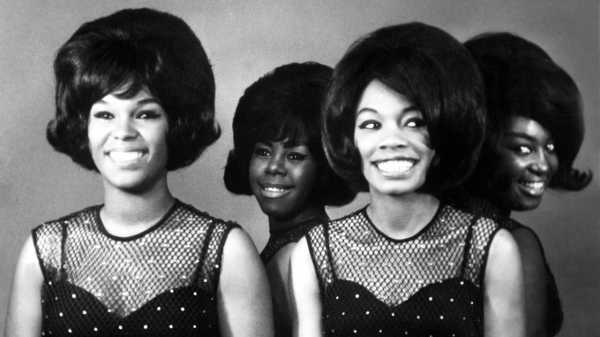
In 1960, Gerry Goffin and Carole King were toiling in a Brooklyn basement apartment. The couple, married the year before, had written dozens of songs but hadn’t scored a hit. Then they caught a break: Florence Greenberg, a record producer, needed a song for the Shirelles, a girl group she’d signed a couple of years earlier, straight out of Passaic High School, in New Jersey. The foursome—Shirley Owens, Doris Coley, Addie Harris, and Beverly Lee—already had a modest success with “Tonight’s the Night.”
Goffin’s lyrics, inspired by Jerry Leiber and Mike Stoller’s “There Goes My Baby,” were from the perspective of a teen-age girl worried, as King would write in her memoir, “that her boyfriend won’t love her anymore once she gives him her most precious one-time-only prize.” The song’s title wasn’t punctuated by a question mark, but it nevertheless suggested an inquiry: Will you love me tomorrow?
Released in November, 1960, the Shirelles’ recording of “Will You Love Me Tomorrow” would, within months, be the best-selling song in the country. And through 1963 the band would record a slew of other classics, including “Dedicated to the One I Love,” “Mama Said,” “Soldier Boy,” and the dreamy “Baby It’s You.” By 1964, however, the Shirelles had slid down the charts, overwhelmed by the British Invasion. It was that year, during a concert tour in England, that they performed this version of “Will You Love Me Tomorrow.” Two minutes in, during the bridge, the group essentially stages a ten-second dance party. Here is Beverly Lee’s memory of the song and that performance. In the footage below, she’s second from the right.
“Charlie Atkins had this whole routine where, at the beginning of the song, we did a little slide to the right and slide to the left. But in the bridge there was just that little—you know what it is?—it’s mimicking the violin, so to speak. You know how you take your hand on the violin and go down? It’s a mimic. It’s really joyful, you know?”
“We just loved to move. We had a certain rawness about us, an energy. We would entertain each other onstage, too, while we were performing. We had little signals and we’d make each other laugh. Nobody knew what was going on, but we did.”
“When we first heard the song, it was a demo that Carole King was singing. It was a real twangy, twangy sound, like a country-and-Western song. We didn’t like it, but Luther Dixon, who was our producer—thank God—he had a wonderful ear. He knew the right material to choose, and he knew how to get the best out of us in the studio. And Luther said, ‘You’re gonna record the song.’ And when we went into the studio there was this big orchestra with strings and cellos and you name it. And when we heard them start playing the song, oh, it was just awesome.”
“We were young. We weren’t really focussed on what we were saying or doing. We weren’t focussed on the lyrics or this, that, and the other. We weren’t saying, ‘Hey, we’re going to go and take the world by storm.’ This was God’s doing.”
“When we played down South, sometimes it would be a white audience on one side, blacks on the other. In 1963, we had these ‘freedom shows.’ The money was being used to send people from Alabama to the March on Washington with Dr. King. There was a picture of us onstage and performing, and Dr. King is sitting to my left.”
“Now that I’m older, I listen to the lyrics. Knowing what’s going on—as women, you have a right to ask, Are you going to still love me if I am your loved one? Are you just going to love me for the moment and leave me? Is this a lasting treasure or just a moment’s pleasure? Can I read the magic of your sighs? Will you love me tomorrow? That tells it all. Are you going to be for real with me, or are you just playing with me and my emotions? What am I worth to you? That’s what it’s saying.”
“Back then, I’d had some heartbreak. It wasn’t foreign to me. But heartbreak hurts, no matter what age.”
Sourse: newyorker.com






